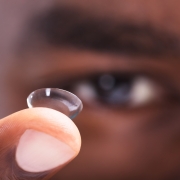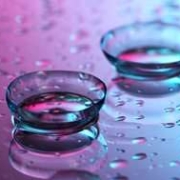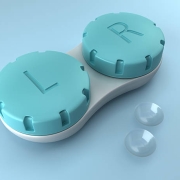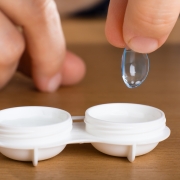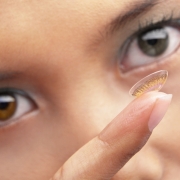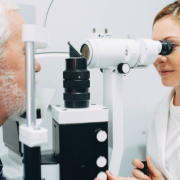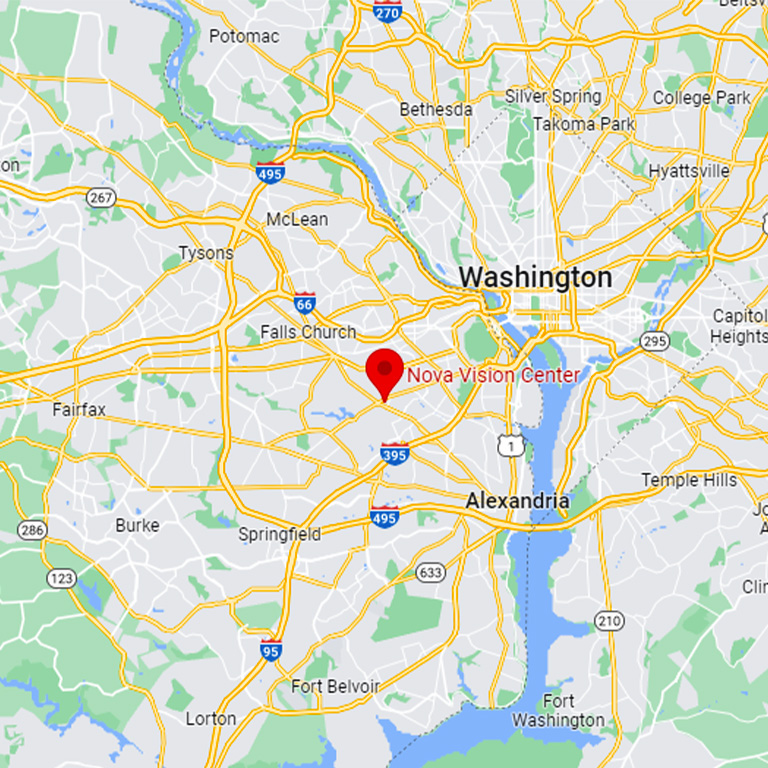Why Are My Contact Lenses no Longer Working?
Contact lenses are only meant to last for a limited amount of time, depending upon what kind you have. If your contact lenses have stopped giving you the clarity of vision that you’ve come to expect, you’re probably wondering what’s going on. Is it your imagination? Maybe not. There could be several things going on, or it might just be one thing that you haven’t thought of.
Changes in Your Prescription
Your eyes change over time just like the rest of your body. No, you aren’t getting crow’s feet on your actual eyes, but your eyeball shape changes over time, as do conditions inside the eyeball. Some of this is a natural part of aging, while other conditions, like your health, also play a part. At the end of the day, you just have to know that you’re going to have changes in your prescription. Your contact lenses in Falls Church, VA may not be working as expected any longer because you need a new prescription, it’s as simple as that.
Dry Eyes
Dry eye syndrome is another common reason contact lenses stop working as expected. Reduced tear production or poor tear quality can make wearing lenses irritating. Symptoms like redness, itchiness, or a gritty sensation often indicate dry eyes. Switching to lenses designed for dry eyes or using lubricating eye drops can provide relief. Talk to your optometrist about it.
Wear and Tear on Lenses
Contact lenses degrade over time, especially if you extend their use beyond the recommended schedule. Deposits, scratches, or damage to the lenses can compromise their comfort and clarity. Always replace your lenses as directed and avoid wearing expired pairs.
If your lenses no longer work as they should, schedule a visit with your optometrist in Falls Church, VA. We’ll figure out what’s going on and find a solution for you.

